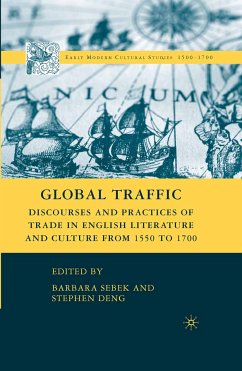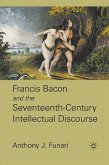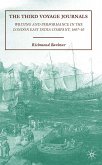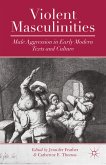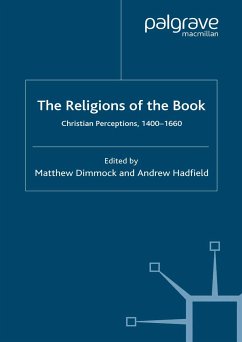This remarkable collection investigates the relations between literature and the economy in the context of the unprecedented expansion of early modern England s long distance trade. Studying a range of genres and writers, both familiar and lesser known, the essays offer a new history of globalization as a complex of unevenly developing cultural, discursive, and economic phenomena. While focusing on how long distance trade contributed to England s economic growth and cultural transformation, the collection taps into scholarly interest in race, gender, travel and exploration, domesticity, mapping, the state and emergent nationalism, and proto-colonialism in the early modern period.
Dieser Download kann aus rechtlichen Gründen nur mit Rechnungsadresse in A, B, BG, CY, CZ, D, DK, EW, E, FIN, F, GR, HR, H, IRL, I, LT, L, LR, M, NL, PL, P, R, S, SLO, SK ausgeliefert werden.
"We live in an age which has naturalized the global paradigm, while eliding differences between economic systems, social groups, and cultural practices. Global Traffic offers a brilliantly illuminating counterpoint to and interrogation of this paradigm by exploring the relations between early modern English mercantilism, capitalism, and cultural forms such as literature. This innovative and insightful collection is crucial to our understanding of English commercial expansion in the period in terms of both a world system and its local and specific manifestations." - Jyotsna Singh, Michigan State University
"Sebek and Deng's volume makes a major contribution to, and quietly transforms, the new economic criticism. Situating early modern England within emerging global networks of commercial and cultural exchange, this wonderfully diverse collection shows how the rise of international trade comprehensively transformed early modern English life at every level, impacting discursive systems and material practices from the state to the stage." - Jonathan Gil Harris, George Washington University
"Sebek and Deng's volume makes a major contribution to, and quietly transforms, the new economic criticism. Situating early modern England within emerging global networks of commercial and cultural exchange, this wonderfully diverse collection shows how the rise of international trade comprehensively transformed early modern English life at every level, impacting discursive systems and material practices from the state to the stage." - Jonathan Gil Harris, George Washington University

